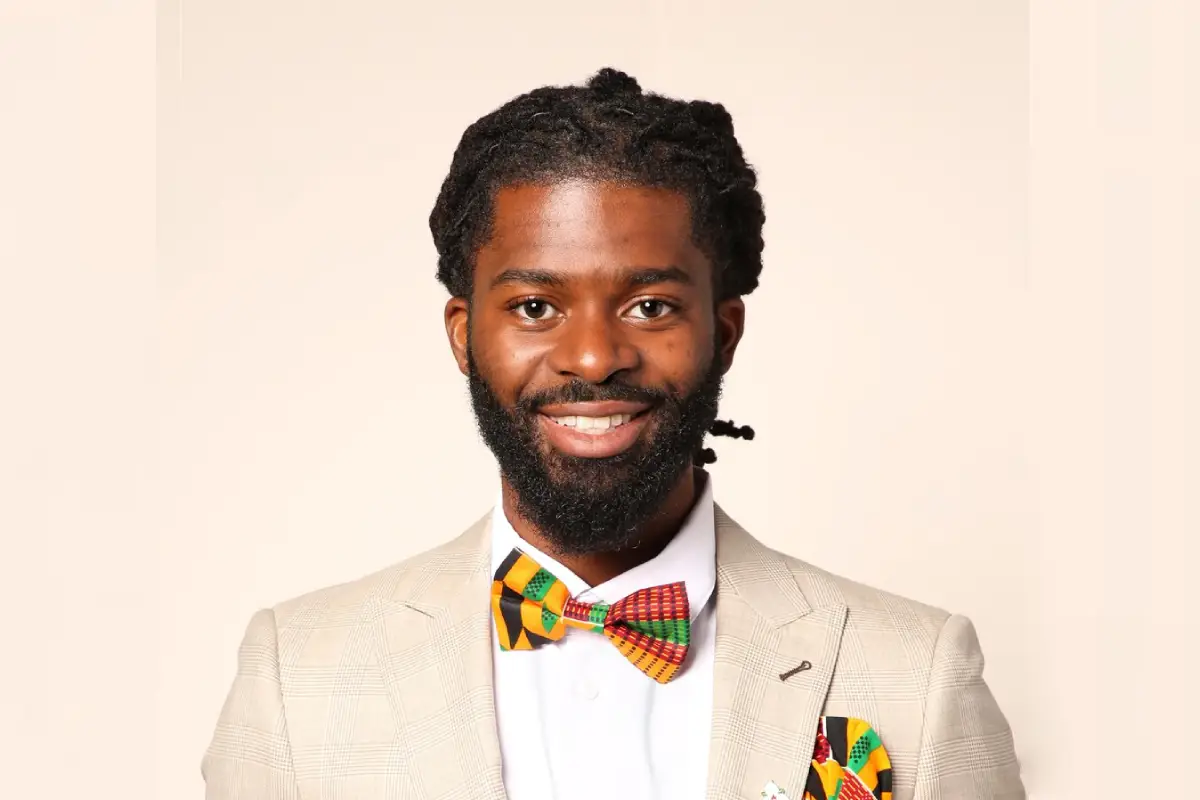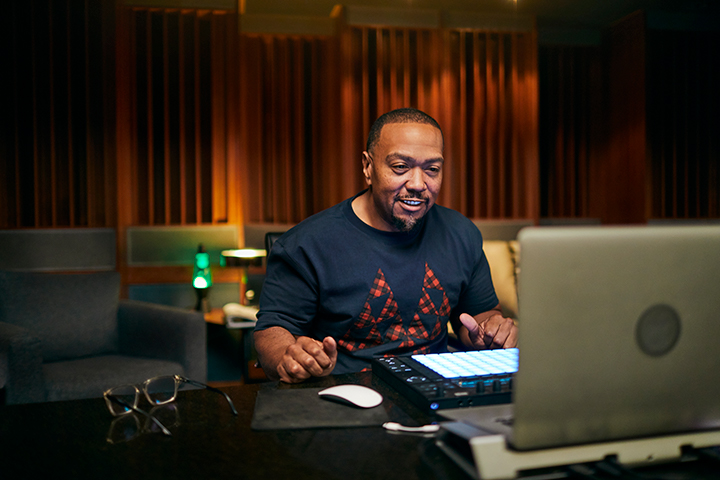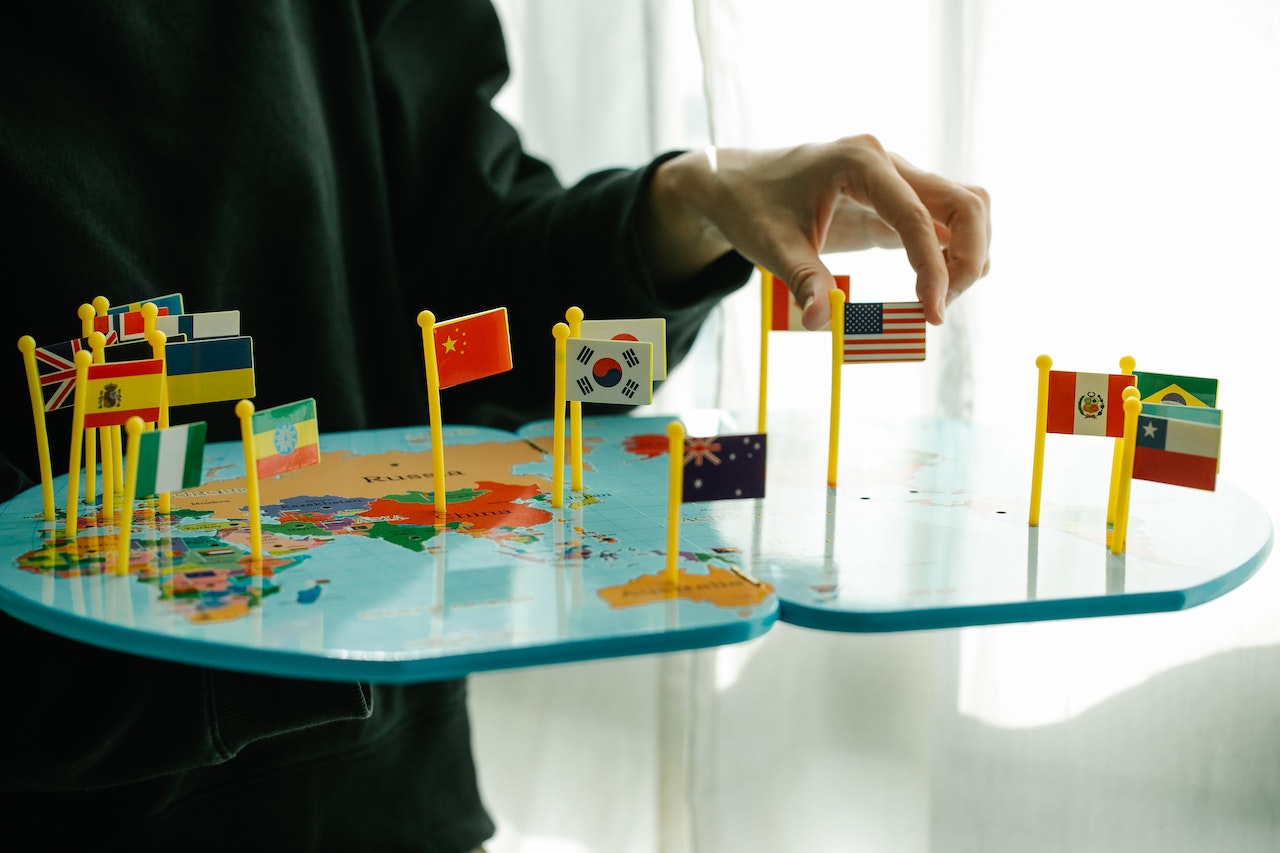The Poet Laureate of Ontario title was created in memory of the iconic poet and The Tragically Hip frontman, Gord Downie. Poet laureates raise public awareness of poetry and spoken word and act as spokespersons for literature and the arts in general. When it came to selecting the first ever Poet Laureate of Ontario, the choice was clear: Randell Adjei, who was appointed by the Legislative Assembly of Ontario last spring.
Born in Ghana and raised in the multi-ethnic Toronto suburb of Scarborough, Adjei is a community leader, spoken word artist, author of the collection I Am Not My Struggles, and the executive director of R.I.S.E. (Reaching Intelligent Souls Everywhere) Edutainment. The organization provides artists with an inclusive space where they can share their work and develop professionally.
The Edge, A Leader’s Magazine spoke to Adjei about poetry, his life, and his newly bestowed title in April, National Poetry Month.
What are some of the ways your life has changed since becoming Ontario’s first poet laureate?
Life has always been busy. I’m somebody who likes to work and get things done. I like knowing that my gifts and talents can help people. Since I started, it’s gotten busier. With the poet laureate title, my parents — who felt I was too smart, and my talents could be used elsewhere — got to see the vision that I saw. Part of me feels very humbled by the opportunity, but if I’m being real with myself and knowing who I am and the vision I’ve always had, humbly, I’m not surprised.
Where do you seek inspiration? Is there a poetic process for you?
I’m inspired by the ability to take an idea and manifest it. When I think about some of my favorite poems, it’s because of something that I went through that sparked the thought. Then, there’s the sacred moment of writing it. I say “sacred” because it’s a journey within, to explore how I feel about and how I processed the experience, and then the opportunity to embody the poem and share that in another sacred space with other people. That’s a very beautiful thing.
In terms of process, I really focus on the words. They have a lot of meaning and value. I’m very cognizant of how I can use words to convey a feeling, to strike something. It can be something that’s timeless, but some poems they’re temporary. I like most of my poems to be timeless, to be something that still holds value to someone 20 years from now.
What are some common misconceptions people have about poetry? Do you have any advice on how someone can effectively approach either creating or consuming poetry for the first time?
Someone said to me, “I never knew poetry could sound like this.” I’m hoping to really change people’s perspective of what poetry can be — that it can be experiential. Storytelling is one of the oldest forms of art, and I hope that my poems can allow people to see a story that they can see themselves in, that they can reflect on their own journey and recognize that it’s okay to be vulnerable. It makes you strong and brave by acknowledging what you’re feeling.
When it comes to creating poetry, you really want to be able to have a relationship with creativity and knowing that creativity doesn’t just have to come when we’re going through hardship. Once you figure out what your relationship with creativity is, tell your story. It doesn’t have to rhyme. It doesn’t have to have a rhythm. It doesn’t have to have anything because poetry really has no form. Don’t be afraid to just share what you have to say. And lastly, consume as much poetry as you can.
Consuming it is also an opportunity to see someone else who may have gone through something similar and found a way to express it that might give you a template to express yours or can give you a mirror to see your own experiences reflected back.
This year marks 10 years of R.I.S.E Edutainment. What goes through your mind when you think about its journey?
It’s surreal thinking about the journey that it’s taken — the doubts, the challenges, the hardships. But also, there’s a friend I know who met someone through R.I.S.E., got engaged, and they now have three children. I think about my friends who’ve grown and found their voice who are now known internationally. R.I.S.E. has been a launchpad for a lot of artists, businesses, opportunities, and then there’s friendships.
We realized that we’ve given almost a million dollars to artists over the past 10 years. It’s really exciting to know that we’ve been a vessel to be able to pay people when otherwise our parents and society say you can’t make money from your art.
When you reflect on your awards and accomplishments, what are you most proud of?
There’s an eight-year-old version of me that used to walk around thinking about speaking to thousands of people. What I’m most proud of is that that eight-year-old boy got to see that vision come to life. I’m proud that I followed and stuck to my vision even when people I love and care about told me that this wasn’t a good idea. But I’m glad that they did because I’m just one of those people that if you tell me I can’t do something, I’ll prove you wrong.
It’s selfish to say, but I do a lot for other people, and I’m just starting to recognize that it’s okay to take credit. I never asked for the awards. If I never got the awards, I ‘d still do it. The reward for me is knowing that people have met because I tried and risked something.
Marcus Medford | Contributing Writer



















